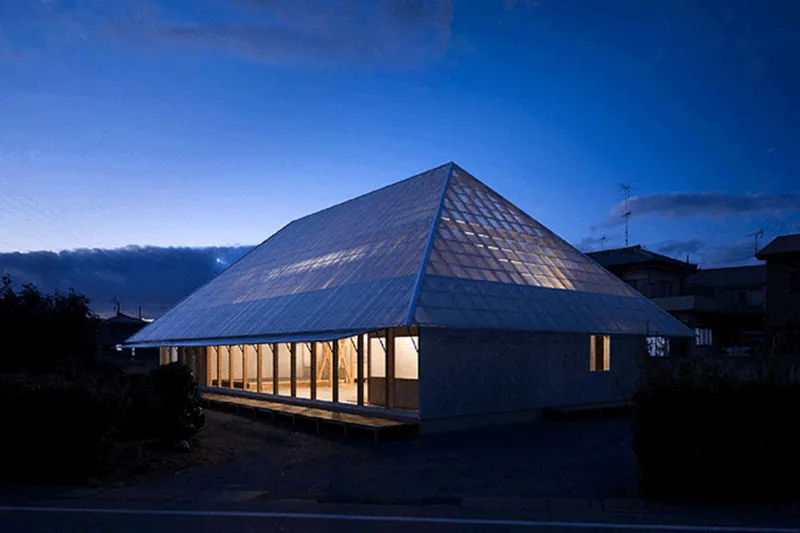Revolutionizing the Petrochemical Industry with FRP: A Shift Towards Durability and Safety
2025-01-04
The petrochemical industry faces constant pressure to reduce costs while maintaining safety, performance, and compliance with environmental standards. Traditional materials like steel and concrete, which have been the backbone of petrochemical infrastructure, often face challenges in harsh chemical environments. Corrosion, material degradation, and the high cost of maintenance are persistent issues that impact operational efficiency and safety. In response, Fiber Reinforced Polymer (FRP) is increasingly being recognized as the solution to these challenges, offering a durable, corrosion-resistant alternative that significantly improves both performance and longevity.
FRP composites are ideal for petrochemical applications because they are highly resistant to the corrosive chemicals commonly found in these environments. Unlike traditional materials, FRP does not corrode over time, leading to lower maintenance costs and longer service life. This makes it a preferred material for key components such as pipelines, tanks, storage vessels, and structural reinforcements. The lightweight nature of FRP also allows for easier transportation, installation, and handling, further driving cost savings across the entire project lifecycle.
As the petrochemical sector continues to focus on sustainability and reducing its environmental footprint, FRP is becoming an essential material for building safer, more reliable infrastructure. Not only does it provide long-term durability and reduced maintenance needs, but it also enhances operational safety by reducing the risk of failures that could lead to costly accidents. With its ability to withstand extreme conditions and harsh chemicals, FRP is helping companies in the petrochemical industry streamline their operations while ensuring that their infrastructure meets the highest safety and performance standards. As the industry moves towards greater sustainability and efficiency, FRP is poised to be a key material in shaping the future of petrochemical infrastructure.





